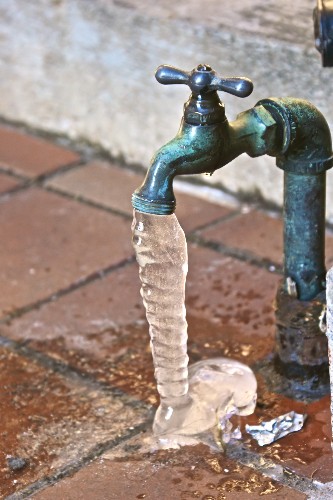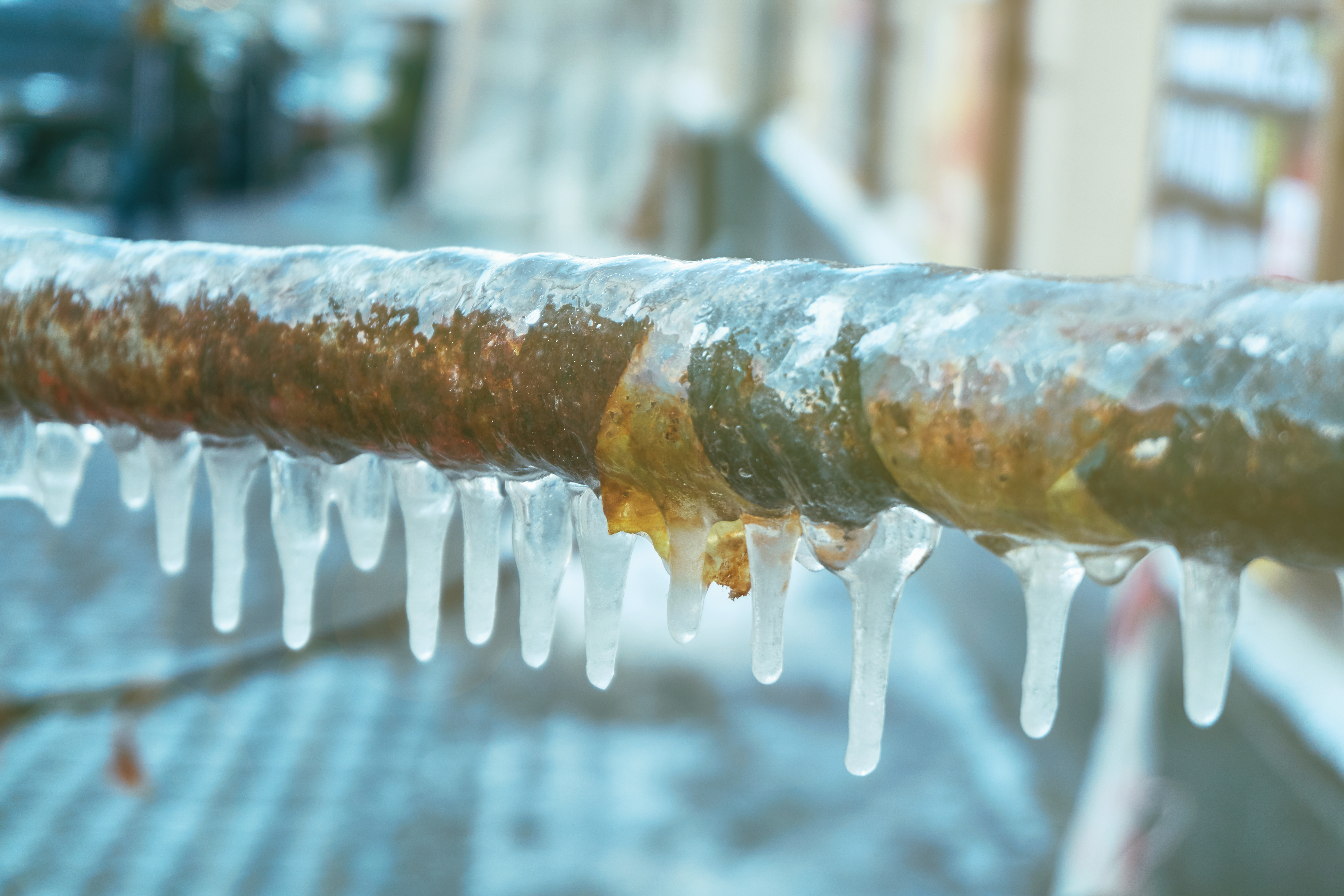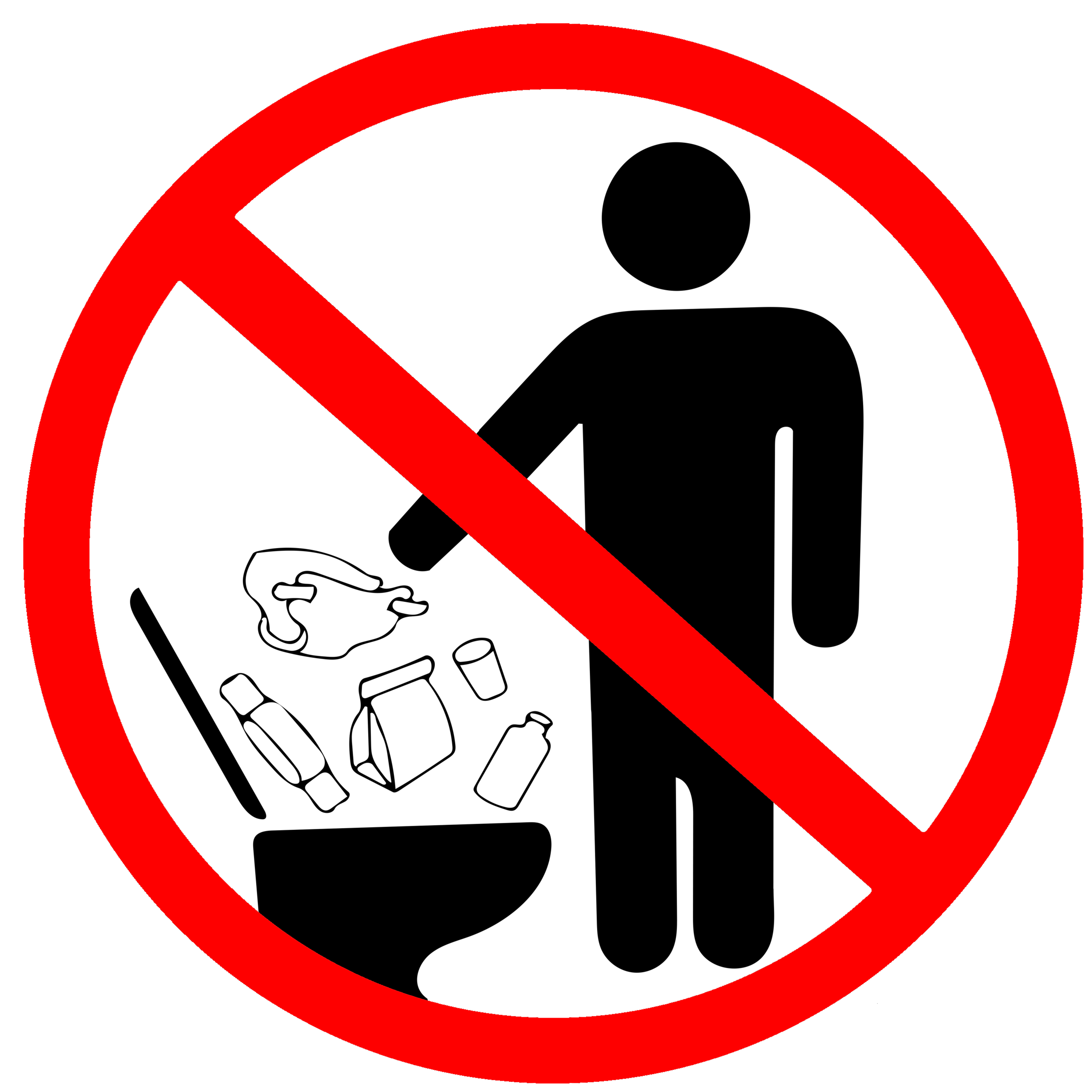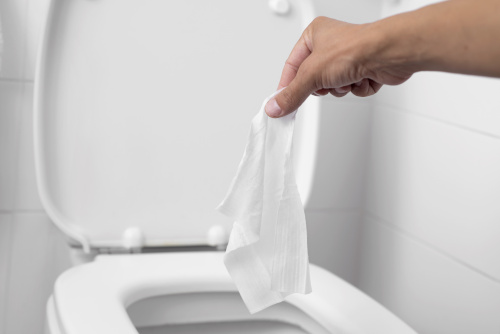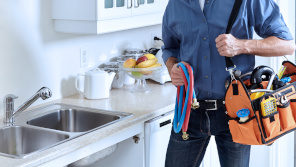Leaks and plumbing issues happen throughout the year. When winter comes to Plano, Texas, more plumbing problems tend to come up. Though the temperature doesn’t often dip too far below freezing, we still have our fair share of issues. Keep reading to learn more about the causes of water leaks in homes and what you can do to keep your home safe.
Water Heater Maintenance
Cold showers go with hot weather. The opposite is also true; your plumbing system will have a greater demand for hot water in the winter. Your water heater will be working extra to keep up with your family’s demand. Keep an eye on your appliance noting any slowdowns in the time it takes for your tank to fill and the quality of the hot water that comes out the taps. Having a professional check your system helps if you suspect an issue.
Additionally, you will need to drain your water heater regularly to keep it functioning well. The more time you let pass without changing up the water extends the amount of sediment in your tank, which leads to rust. If you have any problems draining your water heater, a professional plumber or leak detection expert can help you out.
Clogs in Your Drains
People tend to spend more time inside during the winter, even in Texas. That means more meals inside, so more strain on your drains. The additional effort on your drain’s part gets more intense if you have guests over for dinner. During the colder months, grease and oils can sit below your sink in the pipes and thicken more easily than in the summer months. Keep your drain grease and oil-free by wiping your pans and pots before washing them.
Broken Water Lines
Frozen pipes are not a big issue here in Plano, Texas (but it can happen!). Broken or even leaking water lines are an issue we have. Check your water line regularly to make sure you aren’t losing water and water pressure in your home. Disconnecting any outdoor water hoses for the season is another good step to keep your line strong. For added protection, bulk up your water lines with insulation to keep everything flowing comfortably.
Have an Experienced Plumber Check Your Home
Make sure to follow those winter plumbing tips to keep your system working. It is much easier to be proactive than to repair a broken system. If you need help with maintenance or having a plumbing problem, Kelly Plumbing and Leak Detection is here to help. Our team of expert technicians are trained in leak identification and can fix many problems on the spot.
Give the team at Kelly Plumbing and Leak Detection a call today at 972-774-8722 today!

